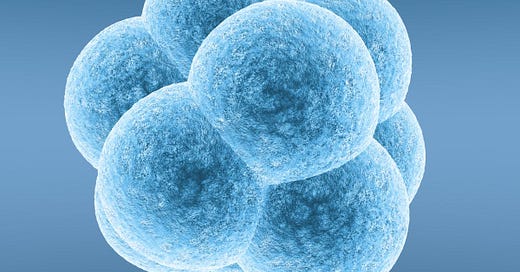Dear friends of Daily Philosophy,
Welcome back to the first article in this new year 2023, and a particularly warm welcome to all our new subscribers!
I hope that you will all enjoy what’s coming up in the next few months. We have many fascinating articles lined up, both from me and from guest authors, together with book reviews and interviews. I have started to record new videos for our Youtube channel, and I will post here when they are online, and next Tuesday we’ll have a new episode on the Accented Philosophy Podcast, where we discuss freedom of speech on social media, a very hot and controversial topic.
One little thing to celebrate is the first Daily Philosophy article to appear in two languages at the same time. Today we published Yamile Abdala Rioja’s article “What does ‘March of the Penguins’ have to do with Kant?” both in English and in German translation on the main Daily Philosophy site. You can switch between languages with the little flag icon on the top of each page that has a translation. Currently, there are only a handful of articles that have been translated, but I’m doing more every day and I plan to launch the German site officially on the 4th of February.
And with that, let’s go back to today’s topic. A while ago we had talked in this newsletter about the ethics of abortion:
Today, we have a wonderfully clear and comprehensive article from philosopher Luke Roelofs about the legal and moral status of unborn life. Enjoy!
When Does a Fetus Become Human?
By Luke Roelofs
What sort of rights should a fetus or embryo have? This isn’t the only question in debates about abortion, but it’s an important one. The central claim of anti-abortion activists is that destroying a fetus or embryo is wrong because it’s killing a being that has a right to live. And part of the case for abortion access is the opposite claim, that a fetus or embryo is not yet a being with rights. This denial is only part of the case for abortion rights: there’s also the claim that even if a fetus or embryo has rights, the pregnant person’s right to bodily autonomy should take precedence, and the claim that banning abortion is harmful to women’s health, safety, and equality. But it is nevertheless worth exploring the question of what rights a fetus or embryo should have — the question of its ‘moral status’.
Keep reading with a 7-day free trial
Subscribe to Daily Philosophy to keep reading this post and get 7 days of free access to the full post archives.





